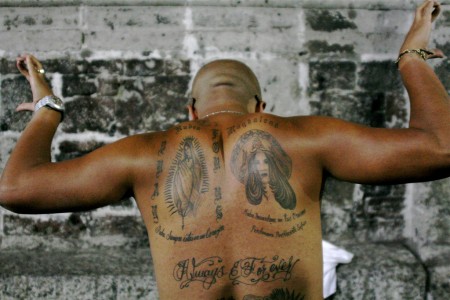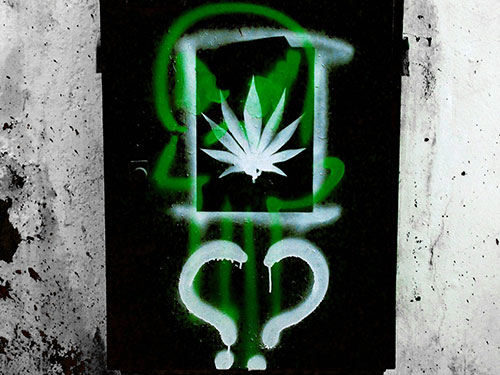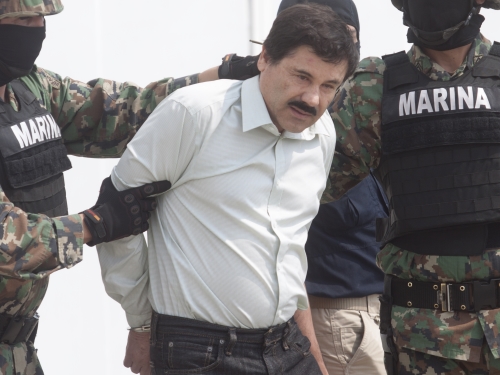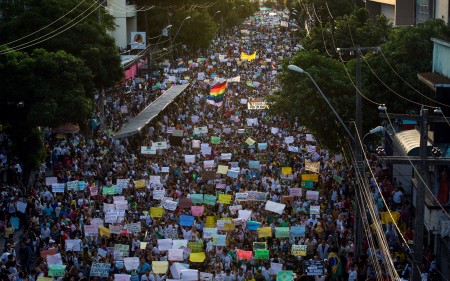
This article was originally published by the Small Wars Journal on 15 January 2016.
Ioan Grillo has served as an international media reporter in Latin America since 2001 and is fluent in Spanish. Most of his experience comes from his in-depth coverage of the Mexican narco wars, from which he authored El Narco: Inside Mexico’s Criminal Insurgency (Bloomsbury 2012). His new book, unlike his earlier one, takes a much broader perspective on the crime wars that have broken out in many areas within the Americas. In many ways, it can be considered an evolution of his thinking concerning this broadening Western Hemispheric security concern.
To be quite truthful, the reviewer is both amazed and at times abhorred by the situations Grillo—‘a crazy Brit’— placed himself in while working on this book. His hanging out with heavily armed and drugged Shower Posse members in Tivoli Gardens (essentially a garrison or fortified ghetto) is just one illustrative example. This is very much reminiscent of the work Gary ‘Rusty’ Flemming and Robert Young Pelton have done in the past related to Mexican cartels/gangs and global combat reporting, respectively. It signifies the important investigative role independent journalists and filmmakers can make via their ability to safely gain interviews with violent non-state actors on their own turf while the rest of us—and in particular police and military officers and governmental agents—would likely not survive such ‘snake pit’ encounters.




